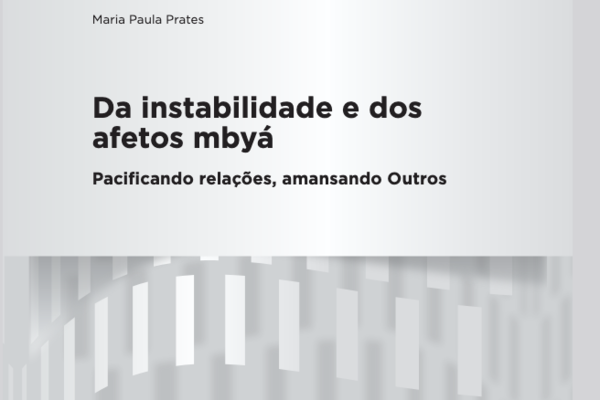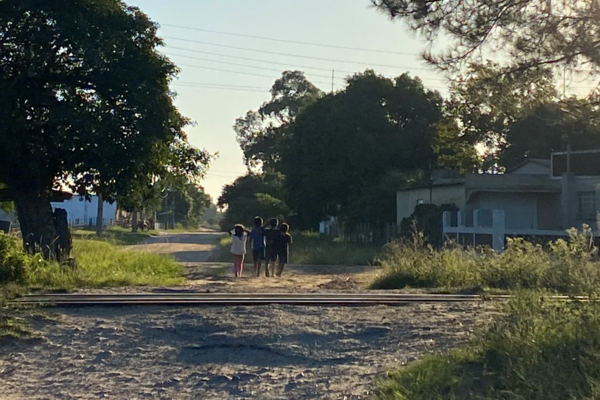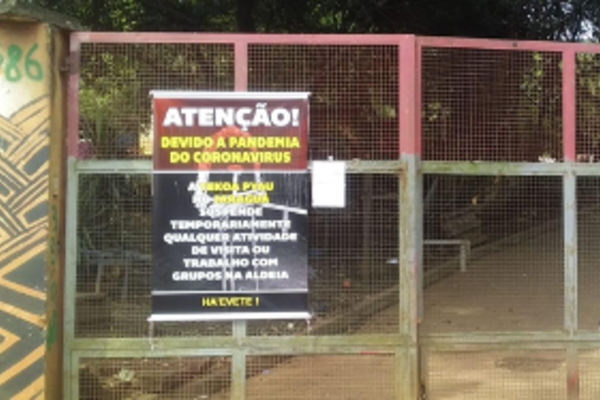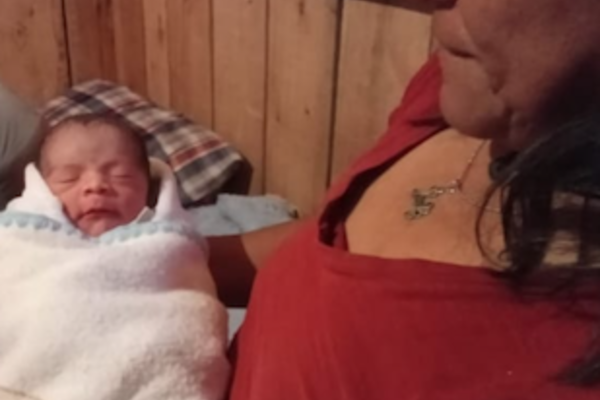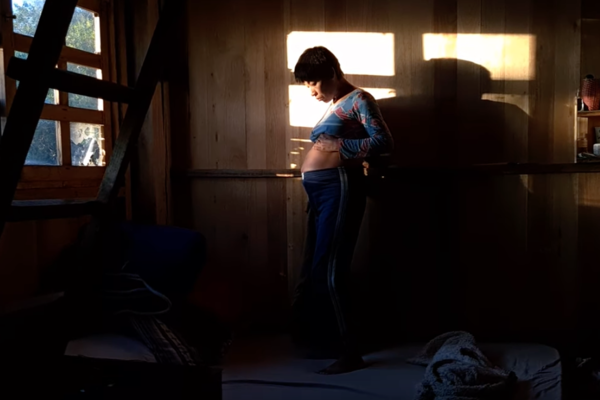Dr Maria Paula Prates

Departmental Lecturer in Social and Medical Anthropology
Bio
I am a social anthropologist who grew up in the Pampa biome in South America and was trained in Brazil (PPGAS/UFRGS) and France (LAS/EHESS). I began my professional career as an Associate Professor of Anthropology of Health (UFCSPA) in 2014, in Brazil, and moved to the UK after being awarded the Newton International Fellowship by the Newton Fund and the British Academy in 2018. I remain attached to the Postgraduate Programme in Social Anthropology at the Federal University of Rio Grande do Sul (PPGAS/UFRGS) in Brazil, as a Collaborating Professor.
Research Interests
Throughout my career, I have been working with Indigenous Peoples in Lowland South America, especially with the Guarani-Mbyá collectives in the Brazilian far south and Argentina. I am enthusiastic about in-depth, implicated, and long-term ethnographic fieldwork and advocate for grounded ethnographic theories that take seriously what matters to those we establish relations with as anthropologists.
I am interested in conceptions of person, body, health, life, kinship, and care relations from a cross-cultural and comparative approach. (Re)production and debates related to the Anthropocene, encompassing themes such as embodied health inequalities, medicalisation of childbirth, and its connections to environmental devastation, are among the themes I am currently working on.
Recently, I was awarded the prestigious Wellcome Career Development Award to develop the Indigenous Peoples and Vital-Toxic Relations in Brazil (In-VITAL) research project. The In-VITAL examines how vital bodily substances and toxic substances, such as pesticides and mercury, intertwine in shaping Indigenous conceptions of reproduction and kinship relations. Among the research goals, that encompass four different Indigenous collectives living across five Brazilian biomes are 1) to generate a robust ethnography of reproduction, kinship and their socio-material relations with vital-toxic substances, paying special attention to mercury and pesticide contaminations, grounded in Indigenous conceptions of the ‘living’; 2) to develop collaborative methodologies to investigate the feedback loops between environmental devastation and the embodiment of health inequalities across diverse spatial- temporal scales. The project starts in 2026 and will last at least until 2031, involving Indigenous and non-Indigenous postdoctoral researchers, PhD and Master's students, and Indigenous shamans and 'midwives' serving as project advisers.
Some recent academic contributions

